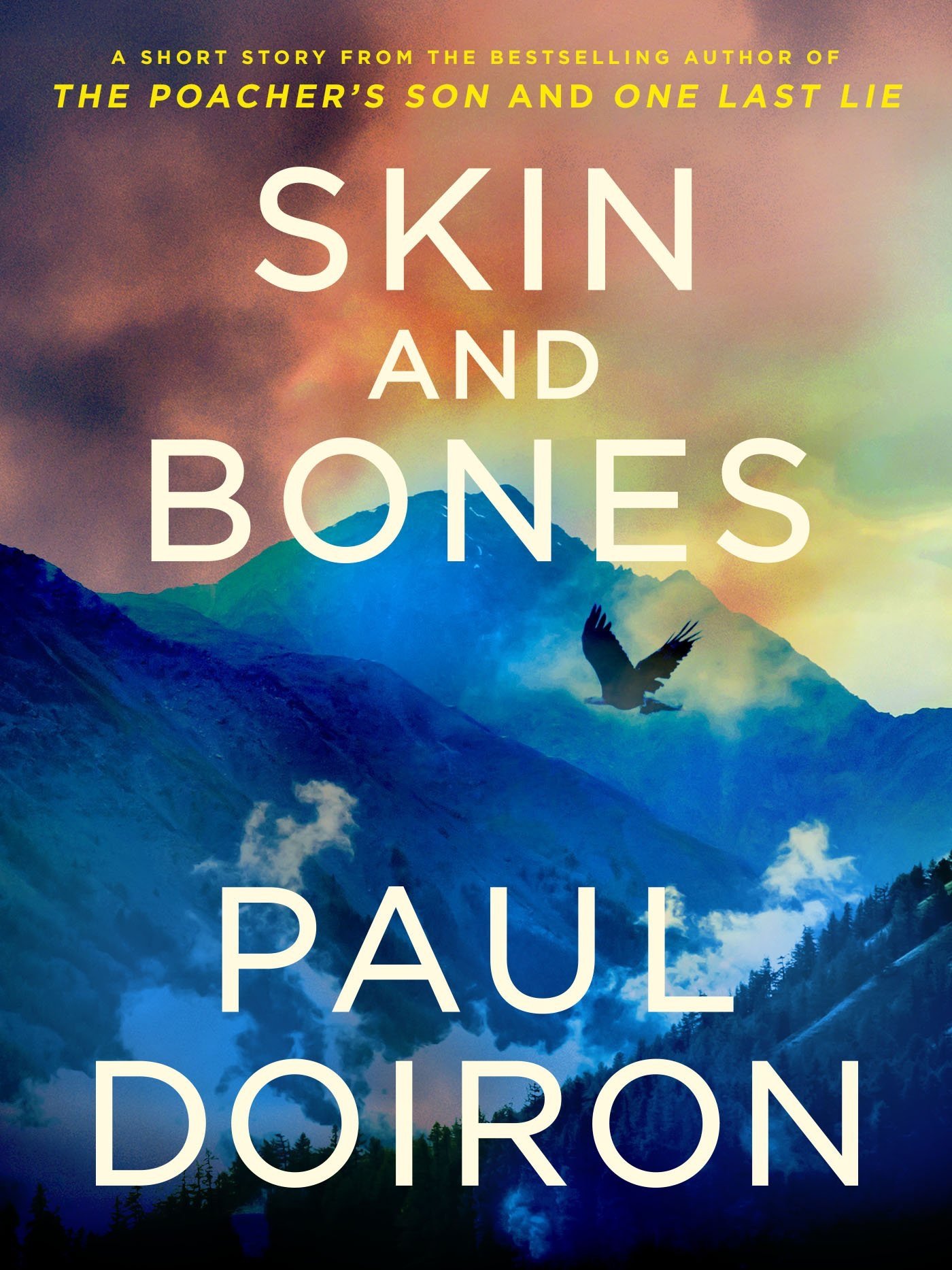For the past half dozen years or so I have written a Mike Bowditch short story for Minotaur Books timed to come out in advance of each new novel.
I really enjoy the chance to play with different styles (“The Caretaker” is my twist on a Sherlock Homes story, for instance) and fill in the backstory of some of the characters. It was a great moment in my life when one of these stories, "Rabid," was a finalist for the 2019 Edgar Award.
Unfortunately, my stories have also caused surprising trouble for me. Some readers, misguided by inaccurate websites (including a few sites that know better, cough, Macmillan), jump to the conclusion that the stories are actual full-length novels. And these readers are upset that they can't locate “The Imposter” or “Backtrack” in bookstores and libraries.
More frequently, I get complaints about the format. The only way to publish a single short story is digitally (although mine are also recorded for audio), and I hear from many fans who won't (or admittedly can't) read on a screen. To be clear: you don't need a dedicated device, such as a Kindle or iPad, to do so. Amazon offers that option to purchase and read a book or story on your computer (as does Apple). So if you are reading this post now on Facebook or elsewhere, you can read "Rabid." You have the technology! Until such time as I have enough stories for Macmillan Publishing to bring out a printed collection (no guarantees it will happen but fingers crossed), this is the only way for me to offer short stories to my fans.
This blog post is all prefatory to my announcing that I have a long short story (or a short novella) titled “Skin and Bones” coming out digitally on May 5. It will be available as an audio in June. I sincerely hope you enjoy it!





